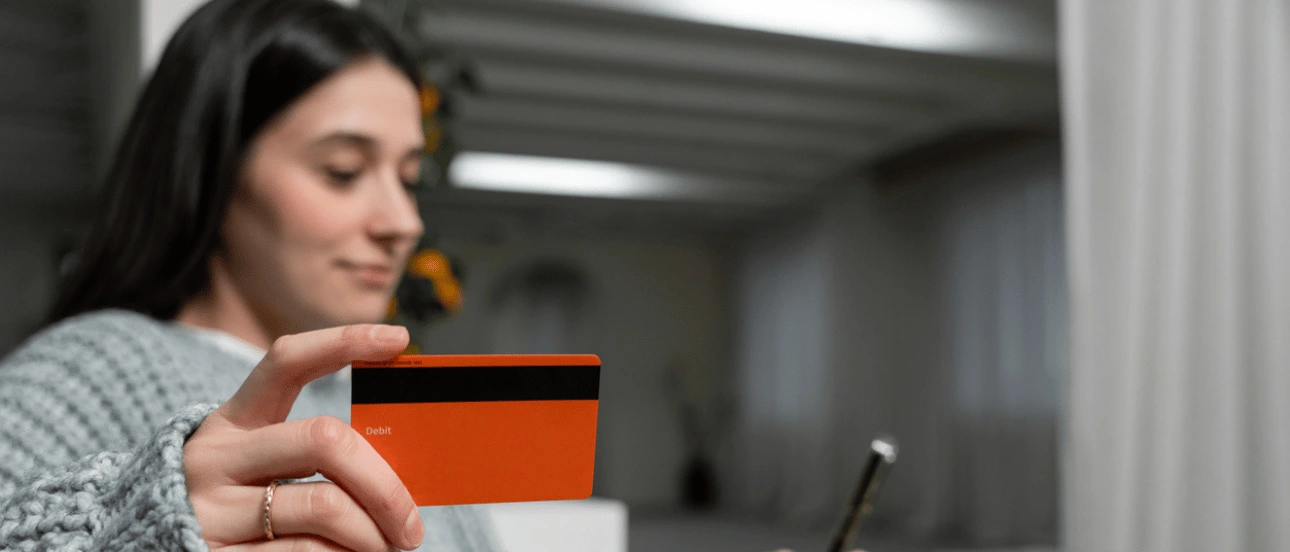What are limited deductible expenses?
Limited deductible expenses are business expenses that you may not fully deduct because they are partly private benefits. Think of dinners with clients or business gifts. You can choose between two methods: either deduct eighty per cent of these expenses, or apply a threshold where the first 5,700 euros is not deductible. Anything above that you may deduct. This way, the Inland Revenue prevents private expenses from running unnoticed through your business.
Representation expenses
Representation expenses are costs you incur to represent your business. For example, business dinners, receptions or meetings with clients. This also includes congresses, seminars and study tours, including travel and accommodation costs. You can usually deduct eighty per cent of these costs. If you opt for the threshold method, the first 5,700 euros are not deductible. If you incur high travel and accommodation costs for a congress that is necessary for your work, you may deduct these costs in full.
Corporate gifts: food, beverages and stimulants
Business gifts, such as Christmas hampers or bottles of wine, also fall under the limited deductible expenses. The tax authorities see some of these as personal benefits. So you may not deduct everything. Again, either not the first 5,700 euros or eighty per cent of the total. Note that food, drink or stimulants you use yourself are never deductible. Only gifts to relations are covered.
Car costs for private use (additional taxable benefit)
If you drive a company car and also use it privately, you need to take into account the addition. You then add a percentage of the list value to your profit. In 2026, this is usually 22 per cent. This way, the tax authorities prevent you from deducting all car expenses while also benefiting privately. If you drive less than 500 kilometres per year privately, you can prove this with a trip registration form. Then you do not have to apply an additional taxable benefit.
Business expenses own private car
If you use your own car for business trips, you may not deduct the actual car costs, but a fixed amount per kilometre. In 2026, this will be 23 cents per kilometre (kilometre allowance). That amount covers everything: fuel, maintenance, insurance and depreciation. So you may not add any additional costs. Keep a record of your business trips so you can prove how much you have driven.
Business travel expenses
If you travel by public transport, taxi or plane for work, you can fully deduct those costs. The condition is that it really is business travel. Keep receipts or a statement from your public transport chip card as proof. Commuting to work also counts as business for self-employed workers, so you can deduct that too.
Work space at home
If you work from home, you may deduct the cost of your workspace only if you meet strict requirements. The space must be clearly separated from your home, such as a separate room with its own entrance. You must also earn most of your income there. If you meet these requirements, you may deduct part of your rent or mortgage. The tax authorities have the tool Calculation tool Workspace. With that, you can check whether your situation is satisfactory.
Workwear
Workwear is fully deductible if it is truly functional clothing. Think of a uniform or coverall that you do not wear privately. Clothing with a clearly visible logo of at least seventy square centimetres is also deductible. Ordinary neat clothing, such as a suit or jacket without a logo, is not.
What are mixed costs?
Mixed costs are expenses that have both a business and a private part. These could be lunches, telephone costs or company outings, for example. Of these expenses, you may only deduct the business part. If the private benefit exceeds the business, then nothing is deductible.
Difference between mixed costs and limited deductible costs
Mixed expenses are about the type of expenditure, while limited deductible expenses are about the tax limitation of the deduction. The tax authorities have set fixed percentages or thresholds for certain mixed expenses. This way, you don't have to decide which part is private or business for each receipt.
Schedule of limited deductible expenses 2026
In this overview, you will find the main rules for limited deductible business expenses:
| Cost type | Deduction 2026 | Notes |
| Representation expenses | 80% or above €5700 | Food, drinks, seminars and meetings |
| Business gifts | 80% or above €5700 | Gifts, food or drinks for customers |
| Company car | Limited via addition | 22% addition for private use |
| Own car business | €0.23 per km | Flat-rate deduction per business kilometre |
| Business trips public transport/taxi/airplane | 100% | Only for business trips |
| Study costs | In-service training only | New training not deductible |
| Workwear | 100% | Workwear only or clothing with logo |
| Business calls at home | 100% | Subscription not deductible |
| Professional literature | 100% | Subject-related only, no general literature |
| Briefcases and the like | 100% | Only for mainly business use |
| Relocation | limited | Only in case of direct business reason |
| Dual housing | limited | Only temporary in case of business necessity |
| Work space at home | 0%, with exceptions | Only in case of business necessity, use tool |
| Home phone plan | 0% | Private, non-deductible |
| General literature | 0% | Non-deductible |
| Clothing (not workwear) | 0% | Non-deductible |
| Personal care | 0% | Non-deductible |
| Equipment and instruments not included in business assets | 0% | Deductible only as business property |
| Fines | 0% | Never deductible |
| Vessels for representative purposes | 0% | Non-deductible |
Source: Belastingdienst.nl, “Overview of potentially deductible business expenses”
Limited deductible expenses and the VPB
Similar rules apply to entrepreneurs with a private limited company (BV) through corporate income tax (VPB). The difference is that there is no threshold. Instead, you are allowed to deduct 73.5 per cent of mixed costs. The rest automatically adds to your profit.
Why are some expenses not fully deductible?
The Inland Revenue wants to prevent private expenses being paid through the company. A dinner with a client is partly business, but also leisure. That is why you are only allowed to deduct part of it. This keeps things fair between entrepreneurs and individuals and private benefits are not tax-subsidised.






